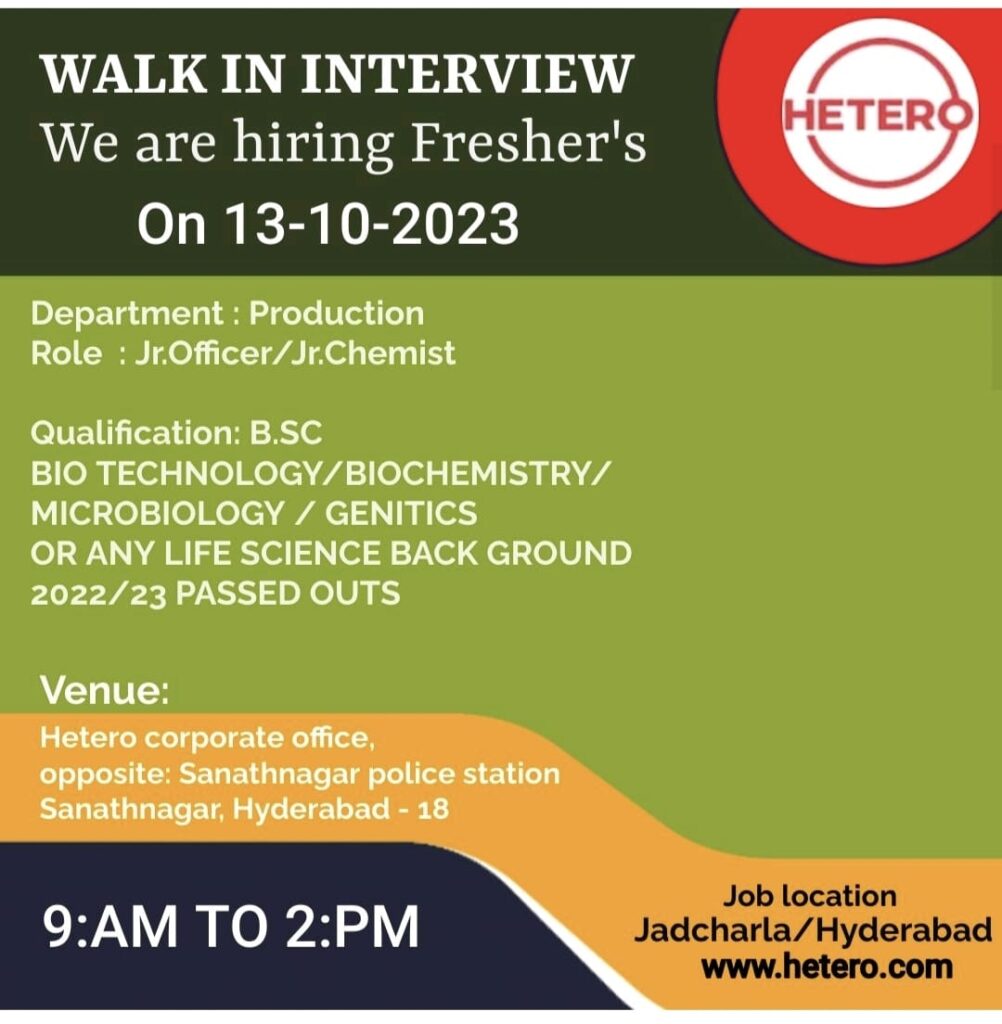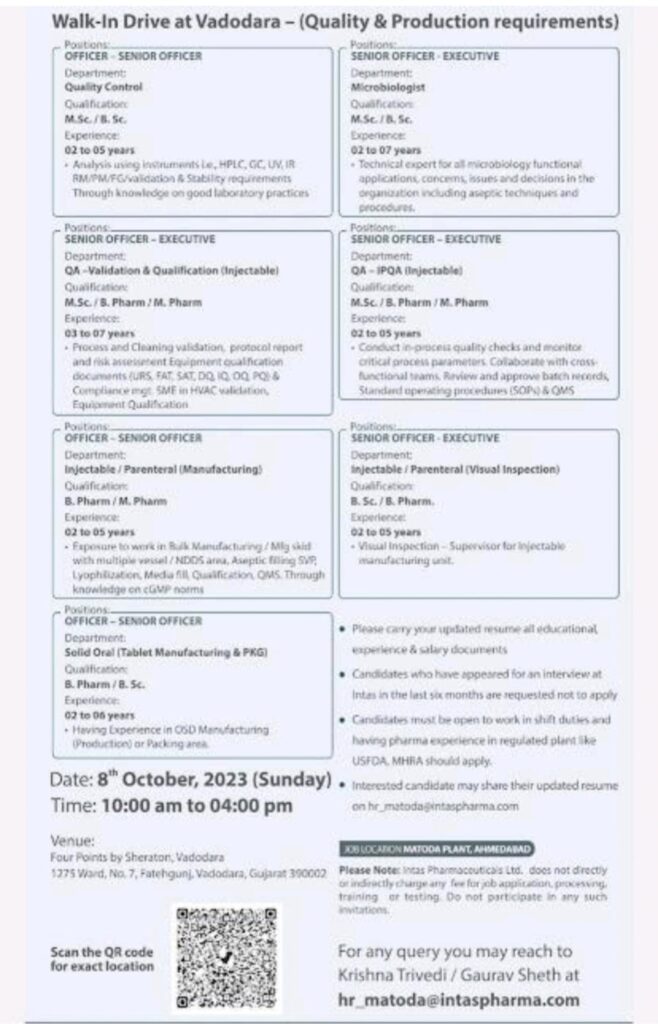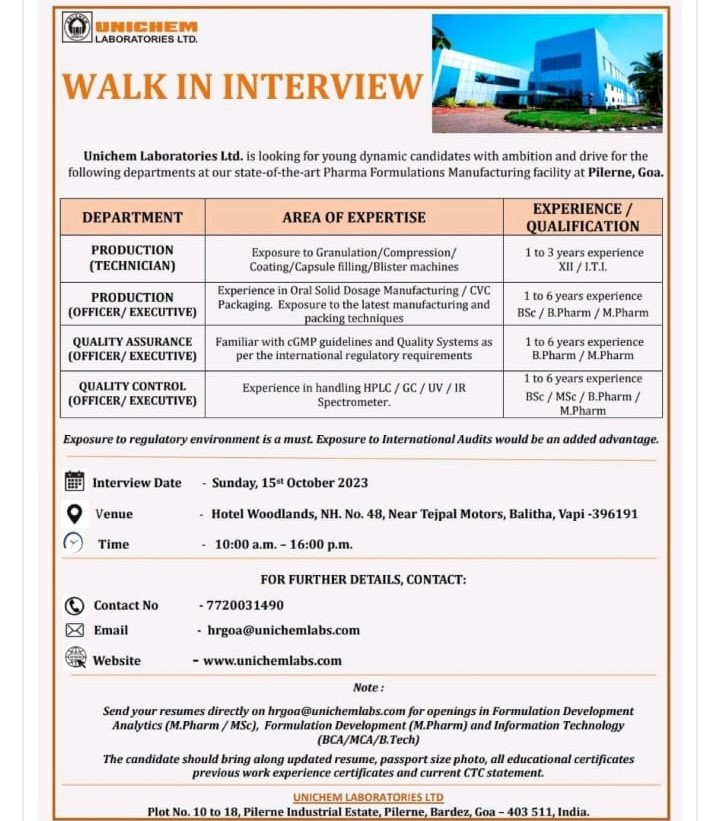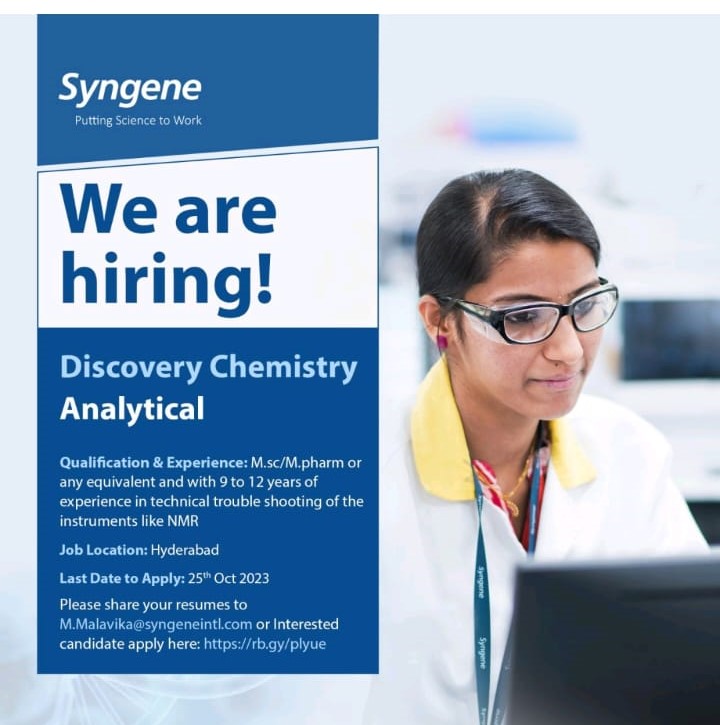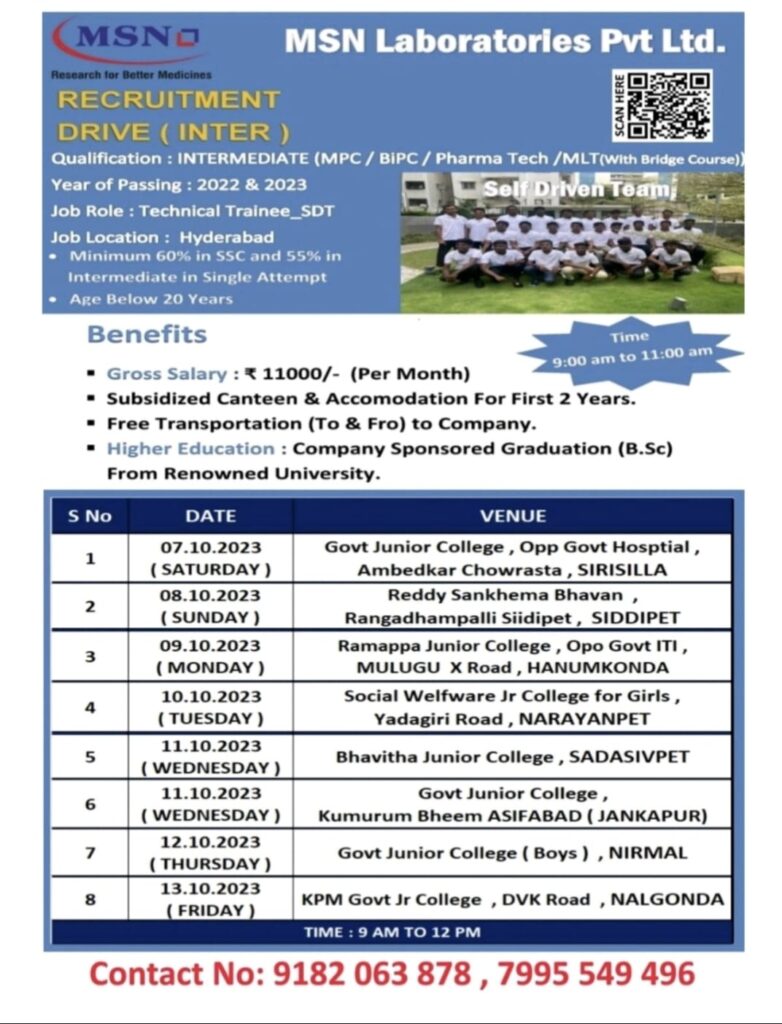B pharmacy job selection process
The job selection process of pharmaceutical companies varies from company to company. Depend upon the company, you may appear for the B Pharmacy interview with or without writing a qualifying exam. Usually the reputed pharmaceutical companies conduct a qualifying exam before selecting candidates for interview. This qualifying exam will helps them to assure that the job aspirant is having minimum basic knowledge about the subject. As well as it helps to reduce the number of candidates appearing for interview.
For eg: 20 positions(Jobs) are available. But 300 candidates came to the interview location. Exam conducted for all the candidates; then top 60 or top 80 graduates selected for the interview based on the marks. Now the Job selection process is based on 1:3 or 1:4 ratio. Out of 3 or 4 candidates they offer job for one candidate.
Here we have given a model B Pharmacy interview exam paper for candidates who are looking for a b pharmacy fresher’s jobs in the pharmaceutical production plant and R&D. This exam contains only multiple choice questions or descriptive type questions or combinations of both.
Answer all the questions (Each correct answer carries 2 marks)
- Write the chemical names?
- a. Vitamin B6
- b. Vitamin B12
- Write any two lubricants, which are used in tablets manufacturing?
- Write the abbreviations of IP and BP?
- What is friability test and how to calculate it?
- What are the steps involved in wet granulation process?
- Define API and explain it?
- Write any two types of formulations and explain it?
- Name any two sources of Vitamin C? Write any disease caused by vitamin c deficiency?
- What is oxymel?
- Expand the UHPLC, TLC, LVP and SVP?
Answers:
1)
- a) Vitamin B6- Pyridoxine
- b) Vitamin B12 – Cyanocobalamin
2) Commonly used lubricants are Talc, silica, Stearic acid and Magnesium stearate etc
3) IP full form Indian Pharmacopoeia
BP full form British Pharmacopoeia
4) Friability test is conducted to know the physical strength of a tablet. It is the withstanding capacity of a tablet when it is on manufacturing and transportation.
It is calculated by using this formula
Friability =(Initial weight- Final weight)/Initial weight * 100
Initial weight in mg- before test
Final weight in mg- after completion of test
5) Following steps involved in the wet granulation process.
- Mixing
- Drying
- Dry screening
- Fluid bed granulation
6) API is known as Active Pharmaceutical Ingredient. First and most important component of any formulation. There is no finished dose formulation is available without an API.
7) Various types of formulations are available
Topical formulations:
This type of formulations are administered by local route, applied on the skin. The active ingredient in formulation does not enter into the systemic circulation.
e.g Topical creams
Parenteral formulations:
These formulations are administered by the parenteral route that in to blood. The ingredients in the formulation is directly enter in the blood. Bioavailability is high for this formulations.
ex: Intravenous Injections
8) Oranges, Lemons and Tomotos are sources for vitamin C. Severe deficiency of vitamin C causes “scurvy” disease.
9) Oxymel is a mixture of honey , water and vinegar.
10) UHPLC is known as Ultra High Performance Liquid Chromatography.
LVP is known as Large Volume Parenteral
SVP is known as Small Volume Parenteral
You can visit continuation of this questions and answers here.
.

